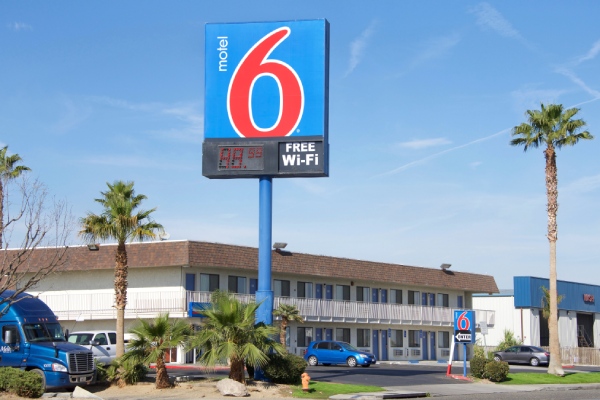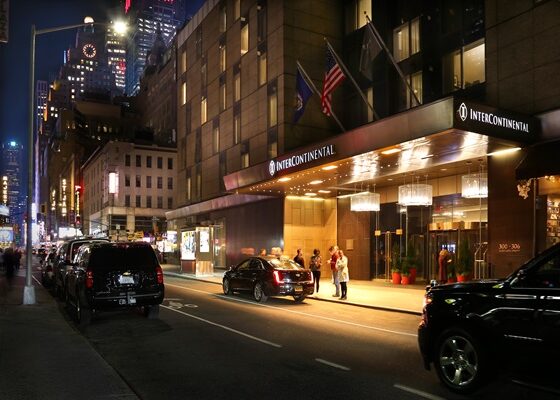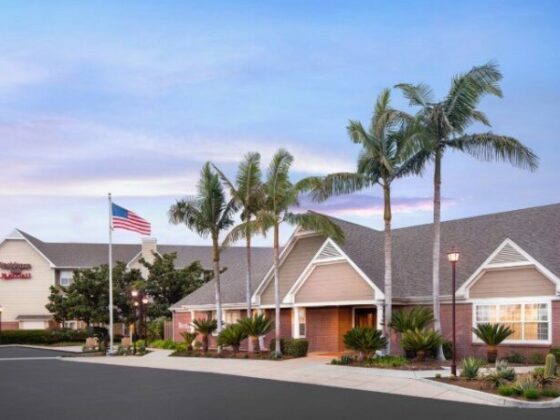With RevPAR hitting a record $78 in 2024 — 14% above 2019 levels — and demand surging by 232,000 room nights year-over-year (almost fully recovering from 2019), the select-service and extended-stay sector is showing its might in the lodging market, according to a latest study by JLL.
Growth reflects shifting traveler preferences favoring longer stays, remote work setups and an improved work-life balance. “Bleisure” travelers, blending business and leisure, are increasingly drawn to these properties, which offer in-room kitchenettes and recreational spaces that cater to both comfort and convenience.
In 2025, the demand for select-service and extended-stay properties is projected to surpass pre-pandemic levels, reaching an estimated 1.02 billion room nights — 16% above the long-term average since 2001.
“The select-service and extended-stay hotel sector remains a focal point for investors seeking durable returns in a volatile market. The sector’s adaptability, operational efficiency and consistent yields position it well for continued success in 2025 and beyond,” said Ophelia Makis, research manager for JLL’s Hotels & Hospitality Group.

Soaring Investor Interest, Profitability
The sector’s streamlined operational model has been a key driver of its financial strength. Even during economic downturns, select-service and extended-stay hotels maintain higher profit margins than full-service counterparts. In 2020, for example, GOP margins reached 26% — outpacing full-service hotels by 11 percentage points. The lean model, characterized by lower staffing requirements, technology integration, efficient space usage and limited number of amenities continues to fuel its profitability.
Inflation-resistant performance has also boosted investor confidence. In the past four years, the sector’s EBITDA per available room has grown at a CAGR of 23%, significantly outpacing the 5% rate of the Consumer Price Index. These inflation-beating returns have made the sector a reliable investment even amid economic volatility.
Brand Proliferation
The U.S. select-service and extended-stay hotel market has witnessed a significant expansion of brands, growing from 184 brands in 2000 to 214 in 2024. Branded hotels in this segment now account for 74% of the total supply, 9 percentage points higher than the pre-2000 era.
Leading hospitality companies have responded to changing consumer demand by introducing new concepts, including Atwell Suites by IHG, Everhome Suites by Choice, Caption by Hyatt, Tempo by Hilton, ECHO Suites Extended Stay by Wyndham, LivSmart Studios by Hilton and Spark by Hilton.
Branded hotel supply has nearly doubled since 2000, with 3.3 million rooms in 2024, skyrocketing 90% from 1.7 million rooms at the start of the millennium. This growth outperformed independent hotels by 76 percentage points.
As organic supply growth slows due to rising construction costs and high interest rates, major hotel companies have pivoted to mergers, acquisitions and conversions to sustain their expansion. One of the most significant moves in 2024 was Oyo’s acquisition of G6 Hospitality from Blackstone for $525 million, a deal that included all Motel 6 and Studio 6 properties. This shift towards conversion-focused brands, such as Marriott’s City Express and IHG’s Garner, signals a strategic approach to growing market share without the financial burden of new construction while offering more options to travelers.

Liquidity, Lending Confidence
Since 2021, the select-service and extended-stay sector has attracted a staggering $62.6 billion in investment, nearly double the total of the previous four-year period and the highest 48-month liquidity total in U.S. history. Despite a 19% contraction in investment volume in 2024, mirroring broader trends across the hotel industry, the segment still accounted for nearly half of the country’s total hotel investment volume.
The appeal of these properties stems from their consistently higher yields and lower volatility compared to other commercial real estate sectors. Since 2007, the sector has maintained an average yield of 8.3%, outperforming industrial, multi-housing, office and retail properties by 230 basis points.
As investors navigate capital market fluctuations, this consistency has proven invaluable, attracting a diverse mix of owner-operators, HNWIs and private equity firms. Owner/operators represented 29% of the sector’s liquidity in 2024, while private equity and HNWIs represented 28% and 17% respectively.
Comeback of Portfolio Deals
The sector’s portfolio transaction volume plummeted to a historic low of $848.6 million in 2024, down 49% year-over-year, as elevated debt costs made large-scale acquisitions challenging. Historically, select-service and extended-stay portfolios commanded a premium of 17%, but this advantage has dwindled in the past two years due to rising interest rates. However, as the Federal Reserve implements rate cuts, beginning with a reduction in September 2024, portfolio activity is expected to rebound in 2025, JLL said.
The lending environment is also evolving, with insurance companies, CMBS lenders and investor-driven funding sources increasing their stake in the sector. Loan origination volume climbed 6.4% in 2024, reaching $18.2 billion, exceeding the long-term average annual growth rate since 2012 by 10.7%.
The sector’s relatively modest average deal size of $17 million makes it an attractive option for lenders seeking lower-risk investments.
Looking Ahead
Despite macroeconomic challenges, the select-service and extended-stay hotel sector is well-positioned for continued success. In 2025, demand is expected to surpass pre-pandemic levels, while strategic investments in brand expansion and operational efficiency ensure long-term profitability, according to JLL’s projections.
With RevPAR at record highs and investment liquidity reaching unprecedented levels, the sector remains a key player in the evolving hospitality landscape. As high interest rates stabilize and lender confidence grows, portfolio transactions will regain momentum, offering investors lucrative opportunities in an already thriving market.
The adaptability of select-service and extended-stay hotels to changing consumer trends, along with their robust financial performance, cements their status as a premier investment choice for the years ahead.









